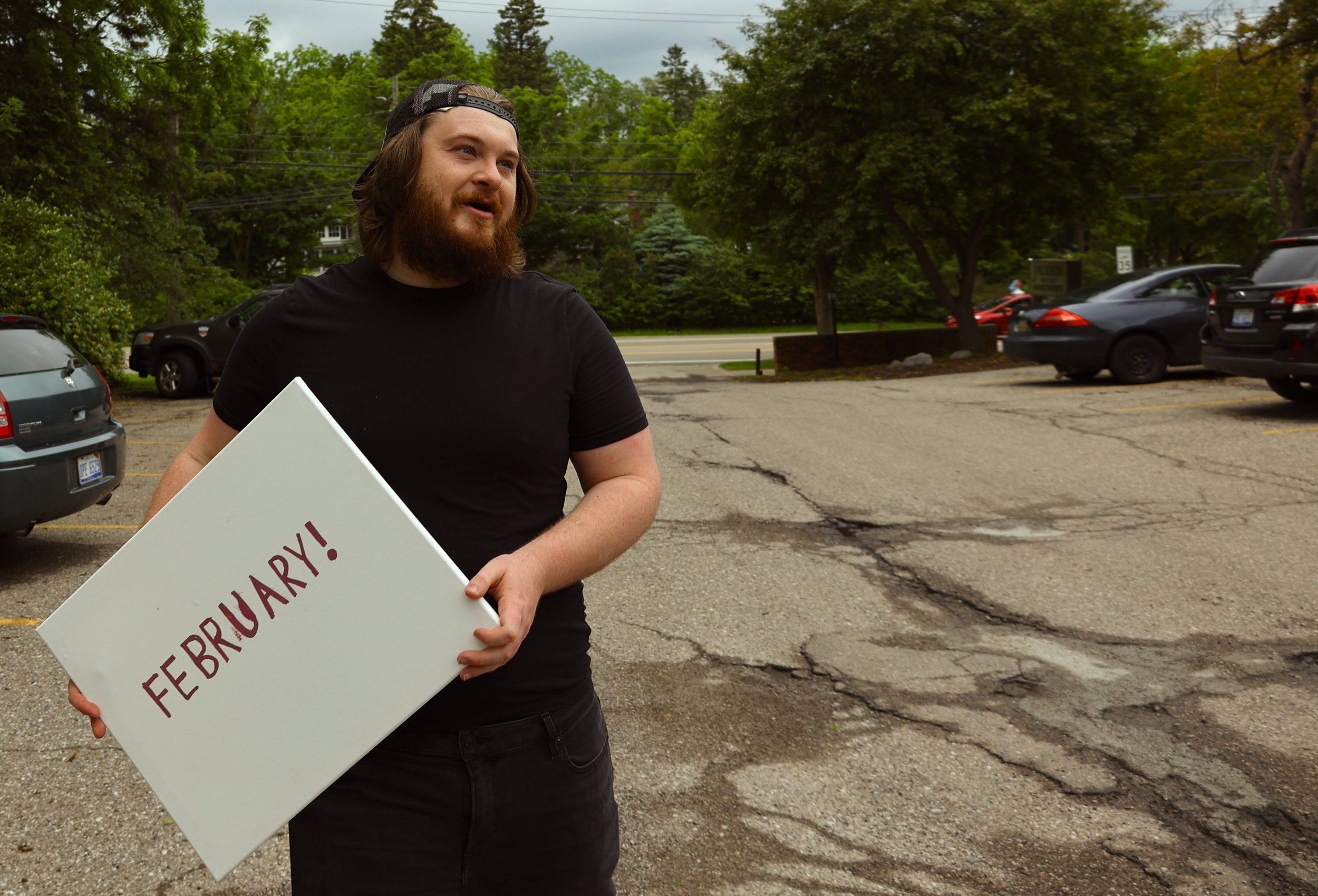Biography
J. Clay Gonzalez is a composer, director, and producer specializing in site-specific, large-scale musical works that engage communities in collaborative sound-making. His work has been presented by the University Musical Society (UMS), New Music Detroit, The National Orchestra Institute, The University of Maryland, and the Washington Women in Jazz Festival, among others.
In 2025–26, Gonzalez will serve as a McKnight Visiting Composer Fellow, developing a residency focused on engaging communities in Minnesota’s North Shore. His 2023 residency at Monson Arts (ME) supported the development of an essay outlining the methods and philosophies of the Regenerate! project.
Major recent works include Stick Season (2024), a 45-minute immersive cello concerto commissioned by Wesley Hornpetrie and performed at the University of Maryland, NextNow Festival, and the Ypsilanti Freighthouse.
Gonzalez’s work frequently partners with institutions to deliver inclusive workshops and performances.
His composition catalog includes over 60 original works, many of which are evening-length regenerative immersions.
As a music editor and arranger, Gonzalez has worked for artists including Shara Nova, Annika Socolofsky, and Evan Chambers. His engraving and editorial work appears on two Grammy-nominated albums and in major published editions, including the Gershwin Critical Edition and Music of the United States (MUSA).
In addition to composing, Gonzalez has worked as an educator. His work has been supported by grants from Creative Washtenaw, CultureSource, the City of Ann Arbor, and the Community Foundation for Southeast Michigan.
Gonzalez holds BM and MM degrees in Music Composition from the University of Michigan, where he studied with Paul Schoenfeld, Kristin Kuster, Evan Chambers, and Erik Santos.
Headshots & Press Photos
See gallery below, or clock the button for a high-res gallery.
Artist’s Statement
Clay Gonzalez is a Michigan-based composer, sound artist, and director working at the intersection of experimental music and social practice. He creates large-scale “regenerative immersions,” site-specific concerts where communities build soundscapes inspired by folk traditions and the natural world.
His work reimagines the orchestra as a space for civic engagement, bringing together professionals, hobbyists, and beginners into the same sonic environment. To better center his practice around interpersonal connection, he’s developed inclusive notation systems, rehearsal methods, and strategies for community involvement.
Gonzalez’s practice responds to social fragmentation in the U.S., offering live music as a counter to isolation and division. Influenced by his queer identity, experience with mental health, and love of place-based communities, he reimagines classical music as vital tool to regenerate the civic fabric in a time of tribalism.
Those attending one of his shows might see performers spread through unconventional venues and making sounds with found percussion— gestures that create multisensory experiences that reimagine the concert ritual.
His influences include John Luther Adams, Pauline Oliveros, Julius Eastman, and traditions like Black American improvised music, shape-note singing, and and the lush orchestrations of Ravel and Sibelius. His work explores themes of death, mindfulness, mental health, healing, our place in history, and how meaning can be made in finite lives at a precarious moment in history.
















